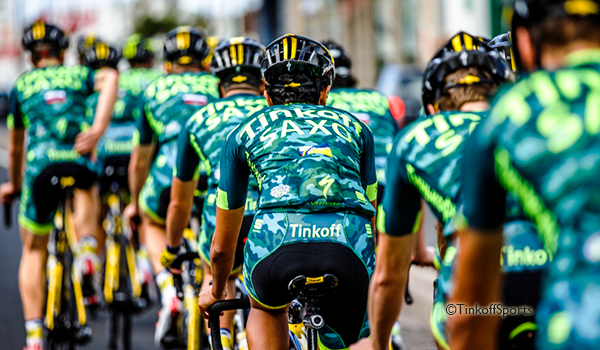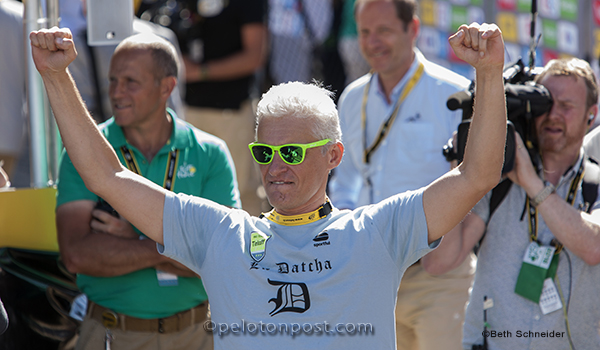Miami Herald article:
“Document leak reveals scope, audacity of Russian banking billionaire’s alleged IRS ripoff
BY SHIRSHO DASGUPTA
AUGUST 18, 2020 06:57 AM
WASHINGTON
A recent arrest in London and a new leak of documents from a bank in the Cayman Islands provide a road map showing how a Russian oligarch allegedly defrauded the United States out of hundreds of millions in taxes, undertook luxury, prestige projects and played a financial shell game using offshore companies to buy and sell private jets.
The case of Oleg Tinkov is the latest to highlight the advantages of opaque limited liability corporations and obscure offshore tax havens like the British Virgin Islands and the Isle of Man, a self-governing British Crown dependency between Great Britain and Ireland and known for its medieval castles, to avoid taxes. And how recent document leaks are bringing about a reckoning.
The alleged tax fraud comes straight out of an indictment, handed up in California.
The leaked documents — which were provided to the Justice Department but have not resulted in additional charges — tell the rest of the story, underscoring how allegedly ill-gotten profits can be further shielded by rotating them through a series of offshore accounts, all under the same control, in effect a financial game of three card monte.
That current financial reckoning began with the publication of the Panama Papers, a leak of confidential documents from Mossack Fonseca, a Panamanian-based law firm that serviced offshore corporations, and has continued through a series of subsequent leaks
In September 2019, a federal grand jury in California indicted Tinkov (also known as Tinkoff) on a charge of “filing false tax returns” while a resident of the state and described how he “allegedly concealed $1 billion in assets and income” in 2013. The indictment remained sealed until March 2020.
The indictment alleges that Tinkov used several British Virgin Islands shell companies — referred to as a “BVI structure” — to conceal his assets.
A massive cache of emails, financial records and other documents from a Cayman Islands bank, the Cayman National Bank and Trust, made public by a hacker who goes by the name of Phineas Fisher, reveals that Tinkov made use of at least one of the named companies in the BVI structure — Beckett Group — to buy private jets from French aviation giant Dassault and set up a complex arrangement through shell companies to avoid paying taxes.
Together with documents from legal firm Appleby and financial services provider Estera that were leaked to the International Consortium of Investigative Journalists in the 2017 as part of “the Paradise Papers”, a follow-up to the Panama Papers, the Caymans leak and the California indictment provide a clear glimpse into how the world’s financial elite take advantage of offshore jurisdictions.
A document found in the Caymans leak also shows that the bank had handed over Tinkov’s financials and other information to the U.S. Justice Department.
Oleg Tinkov declined to comment on the matter, as did the Justice Department and the Internal Revenue Service.
RAGS TO RICHES
The son of a Siberian miner and a seamstress, Oleg Tinkov arrived in the United States, according to his autobiography, in 1993 to visit a friend in California who had a green card. He eventually bought a house in Santa Rosa and set up a business that exported American goods to Russia. He later settled in San Francisco and obtained U.S. citizenship in 1996.
After a series of business ventures involving, variously, electronic goods, frozen foods and beer, Tinkov finally settled on Tinkoff Credit Systems (later renamed Tinkoff Bank), a Moscow-based digital bank with no branches that he founded in 2006.
Tinkoff Credit Systems went public on the London Stock Exchange on Oct. 25, 2013, making Tinkov the owner of more than $1 billion worth of the bank’s shares. Three days later, he renounced his U.S. citizenship.
American citizens must pay an “exit tax” when they relinquish citizenship. The tax is calculated as if the individual sold all his or her assets on the day before he expatriated and had to report the gain.

According to the indictment, Tinkov’s final tax return “did not include any gain and income arising from the constructive sale of his property related to his expatriation” and he reported that his “total income was $205,317” even though Forbes had estimated his net worth to be $700 million in March that same year.
Already rich before Tinkoff Credit’s IPO, Tinkov became a billionaire. Partly aided by the self-engineered tax cut and with a fortune that had grown to $1.8 billion by December that year, he undertook a series of prestige projects.
A longtime cycling aficionado, Tinkov had sponsored European professional cycling teams since 2006. In December 2013, he outright bought a team he previously co-sponsored, Saxo-Tinkoff, and renamed it Tinkoff.

In 2016 he inaugurated a chain of luxury resorts called “La Datcha” with the opening of two chalets in ski towns on the French Alps. These were followed by a Tuscan palazzo in Italy, a fishing resort by the Volga river in Astrakhan, Russia and a beachfront hacienda-style resort in Cabo San Lucas, Mexico. The project also boasts a luxury ice-breaking yacht that takes passengers on cruises in Southeast Asia, the Pacific Islands, Antarctica, the Kamchatka peninsula and the Arctic.
Tinkoff Credit Systems also sponsored a Depeche Mode concert in Moscow in 2018 and since 2020 is the chief sponsor of Russia’s top-flight domestic soccer league.

THE DEVIL IN THE DETAILS
The California indictment says that Tinkov was the majority shareholder of Tinkoff Credit Systems through three British Virgin Island entities, among them Beckett Group Ltd.
Leaked documents show that Beckett was incorporated in April, 2011 and owned by Vadim Stasovskiy, a board member and shareholder of Tinkoff Credit Systems. Stasovskiy handed over full control of Beckett to Tinkov in April, 2013 — just six months before Tinkov relinquished American citizenship.””




